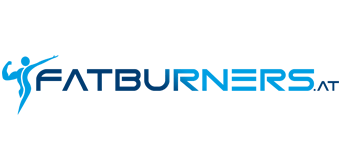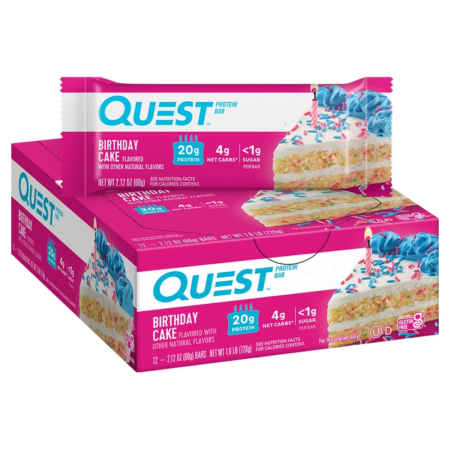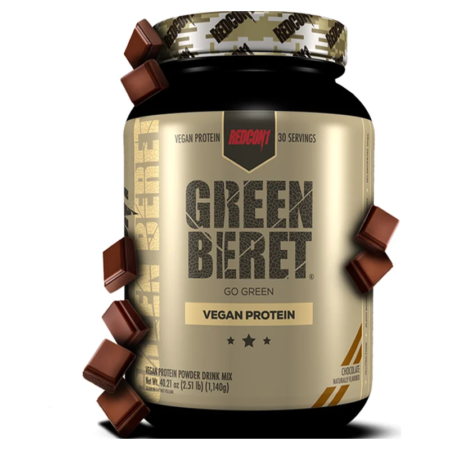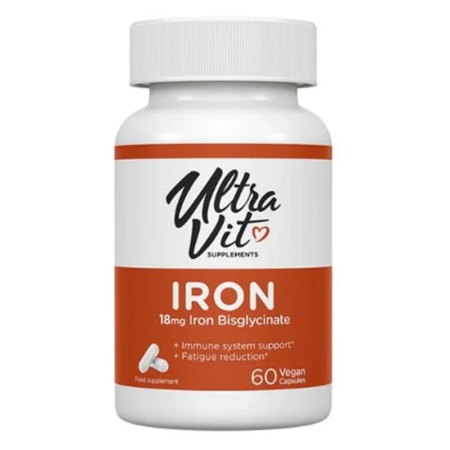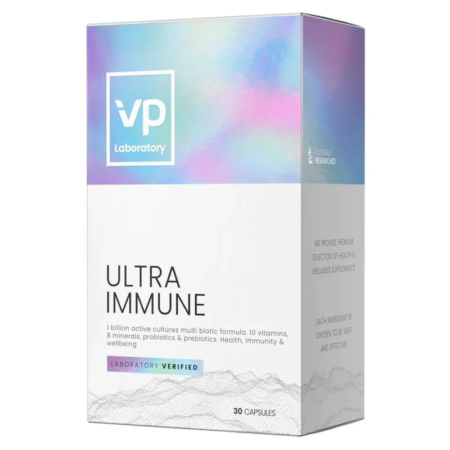Iron
Iron is a vital mineral that is essential for many bodily functions. It plays a key role in the formation of red blood cells and the transportation of oxygen, making it crucial for maintaining good health. Iron is found in foods such as red meat, beans and fortified cereals and is also available as a dietary supplement.
Adequate iron intake is particularly important for young adults as it boosts energy levels and prevents anemia. Iron is important for general well-being, contributes to muscle health and reduces fatigue.
WHAT IS IRON?
Iron is an essential nutrient that the body needs to produce hemoglobin, a protein in red blood cells that carries oxygen from the lungs to the rest of the body. Iron is also important for the production of myoglobin, a protein that supplies oxygen to the muscles and supports muscle health. Without enough iron, the body cannot produce enough healthy, oxygen-carrying red blood cells.
Iron can be obtained from a variety of food sources, including animal products such as meat and plant foods such as lentils and spinach. However, some people need supplements to meet their daily iron requirements, especially those who suffer from certain health conditions or restrict their diet.
The benefits of taking iron
Iron supplements offer a number of benefits that are important for maintaining a healthy body. One of the most important benefits is the prevention of anemia, as iron is crucial for the formation of hemoglobin and the prevention of iron deficiency anemia. Iron also plays an important role in energy production by supporting the efficient transportation of oxygen to cells, which is essential for energy production. In addition, iron supports pregnancy by meeting the increased iron requirements during pregnancy.
- Iron is crucial for the formation of red blood cells and ensures sufficient oxygen transport.
- It supports oxygen transportation and supplies oxygen to cells and tissues throughout the body.
- Iron supports muscle health and supplies muscle tissue with oxygen.
- It helps to reduce tiredness and fatigue and increases energy levels.
- Iron is important for pregnancy and supports the health of mother and child.
- It helps to support growth, which is important for children and adolescents.
- Iron supports cognitive function and promotes brain health and mental performance.
- It helps maintain a healthy immune system and supports the body’s defenses against infection.
IRON INTAKE
Iron is an important mineral that the body needs for various functions, especially for the formation of hemoglobin in the red blood cells. However, not all iron is absorbed equally well. There are two types of iron in food: heme iron and non-heme iron. Heme iron, which is found in animal products such as red meat, poultry and fish, is more easily absorbed by the body. Non-heme iron, which is found in plant-based foods such as beans, lentils and spinach, is less well absorbed.
Several factors can influence iron absorption. Eating foods rich in vitamin C such as citrus fruits, berries and peppers together with iron-rich meals can improve absorption. On the other hand, substances such as calcium, polyphenols (in tea and coffee) and phytates (in whole grains and legumes) can inhibit iron absorption. If you adjust your diet so that it promotes iron absorption and limits the inhibitors, your body can absorb the iron much better.
Side effects of iron supplements
Although iron supplements are helpful in treating iron deficiency, they can also have side effects. Common side effects include gastrointestinal problems such as constipation, diarrhea, nausea and stomach cramps. These symptoms are often due to the body adjusting to the increased iron intake and can vary depending on the type of iron supplement used.
In some cases, iron supplements can cause more serious side effects, such as black or dark stools, which, although usually harmless, can still be worrying. It is important to monitor any side effects and see a healthcare provider if symptoms are severe. To minimize side effects, it may help to take iron supplements with food or switch to another form of iron, such as ferrous gluconate, which tends to be easier on the stomach.
HOW TO TAKE IRON SUPPLEMENTS
Taking iron supplements correctly can increase their effectiveness and reduce side effects. In general, it is recommended to take iron supplements on an empty stomach to maximize absorption. However, if gastrointestinal discomfort occurs, taking it with a small amount of food may help alleviate these symptoms. Avoid taking iron supplements with dairy products, coffee or tea as these can inhibit iron absorption.
It is also important to consider the timing of taking iron supplements. Spacing the intake of iron supplements with other medications or supplements that may interfere with the absorption of iron, such as calcium or antacids, can improve their effectiveness. For example, if you take iron in the morning and calcium in the evening, interactions can be avoided. Consistent timing and dosing is key to effective iron management and preventing deficiency symptoms.
Strategies for optimizing iron absorption
Optimizing iron absorption involves dietary adjustments and supplementation strategies. Consuming more sources of heme iron, such as lean meat and fish, can improve overall iron levels. Combining non-heme iron sources with vitamin C-rich foods can improve absorption. For vegetarians and vegans, it is important to focus on iron-rich plant foods such as lentils, chickpeas, tofu and fortified cereals.
Cooking in cast iron pans can also increase the iron content of food. Avoiding excessive coffee and tea consumption during meals can also help, as these drinks contain polyphenols that inhibit iron absorption. A well-designed diet that combines these strategies can significantly increase iron absorption and help maintain healthy iron levels.
IRON FOR WOMEN
Iron is particularly important for women as they lose a lot of iron each month with menstruation. Pregnant women also need higher levels of iron to support fetal development and increased blood volume. The recommended daily iron intake for women between the ages of 19 and 50 is 18 mg, while pregnant women need around 27 mg per day.
To meet this requirement, iron-rich foods such as lean meats, beans and fortified cereals should be included in the diet. Some women may also need to take iron supplements, especially if they have heavy periods or during pregnancy. Regular monitoring of iron levels and tailored dietary or supplementation strategies are essential for women to prevent iron deficiency and support overall health.
